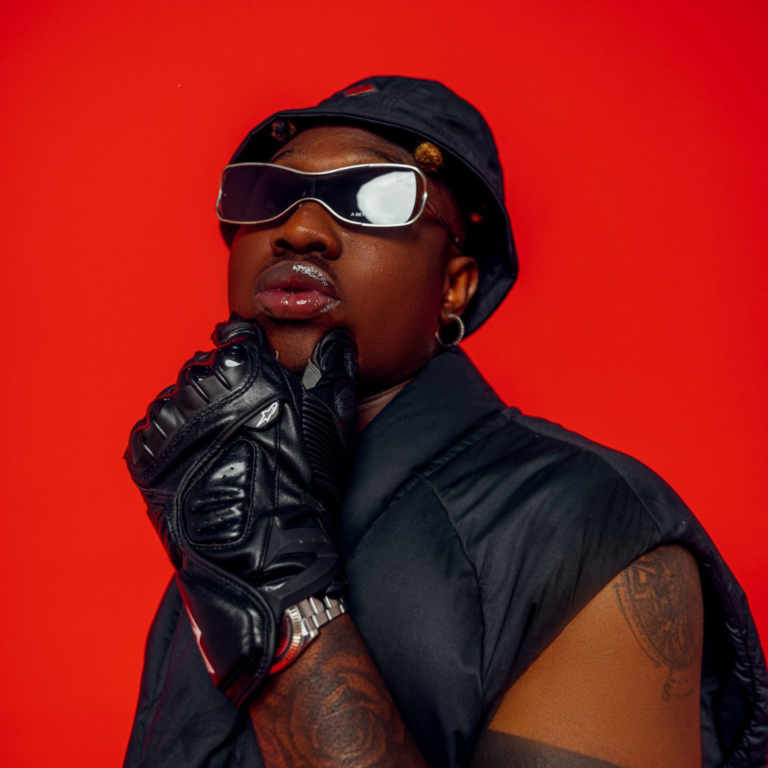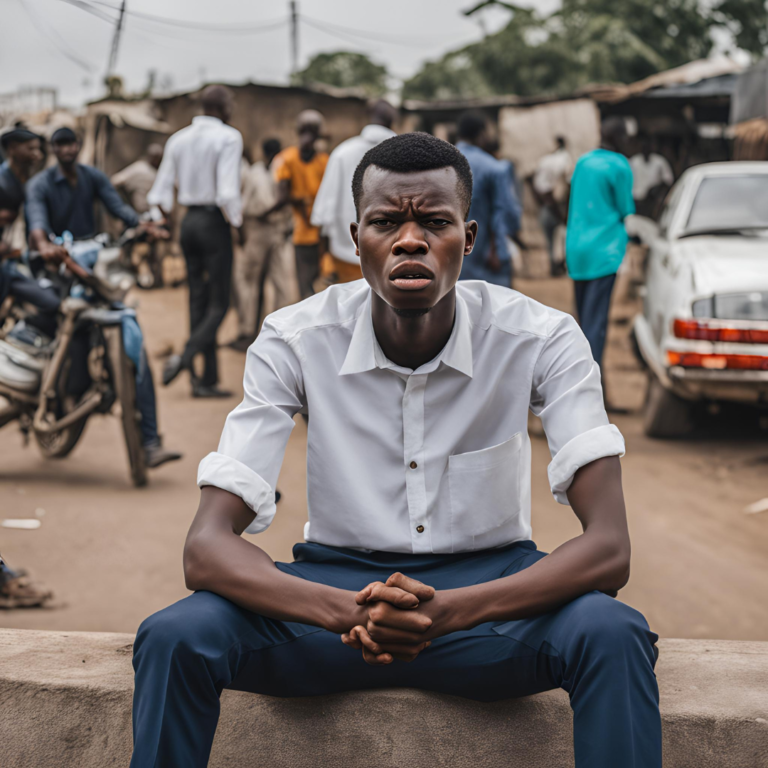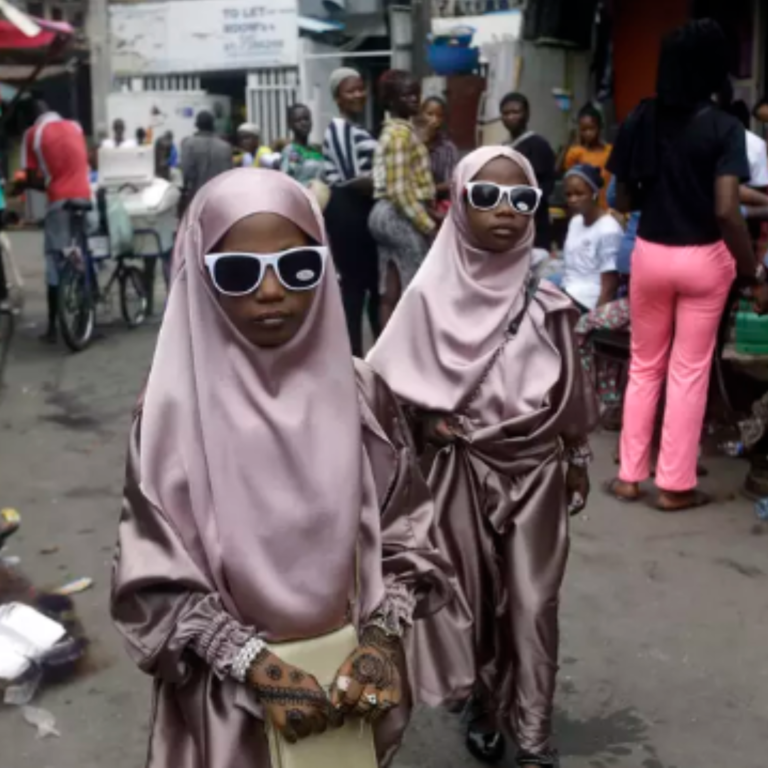A number of new recording and performing artists don’t know much about the business when they get into the music industry. Reminds me of when Asake said he signed his YBNL contract without thinking twice or even showing a lawyer.
Mr. Money may be lucky to get a transparent deal. But many don’t, and their ignorance exposes them to being victims of bad contracts, users and vultures.
First of all, music making isn’t music business
Making music is only a part of a musician’s job. Before recording starts, the business is already in effect. This can be observed in how artist’s respond to trends or cater to what listeners want.
The business aspect of the industry also affects how collaborations work. When an artist thinks or say something like, “what will I gain working with this artist?” That’s the business of music manifesting.
Post-recording and post-mix, conversations about rollout plans, locations to focus on and more come up. That’s business. It’s why music is called a product, and you know a top quality and well-marketed product sells.
Also, an artist can focus on the art if they can afford a team that can handle the business.
If you’ve established that the music business is as important as the music creation, it’s high time you knew some terms and their meanings (you’ll hear and see them often).
Split sheet
This is a formal agreement made by contributors of a song, i.e., the performer(s), music producer(s), songwriter(s), collaborator(s). This sheet contains their names, phone numbers, emails, dates, roles and contributions to the song. The split sheet is important because every contributor’s roles are marked out, and it makes it easier for everyone to get credited and paid.
More importantly, you have rights to negotiate terms. Before you put your pen on the dotted lines and sign, keep a good entertainment lawyer around.
Copyright
Music copyright proves your legal ownership of a music recording or sound. When you copyright your music legally, another person can’t recreate it and claim it’s theirs.
Remember when Dammy Krane said he originally made and owned Wizkid’s Baba Nla? Or when one producer said Olamide stole Don’t Stop from him and D’Banj? They couldn’t prove these allegations because there was no evidence.
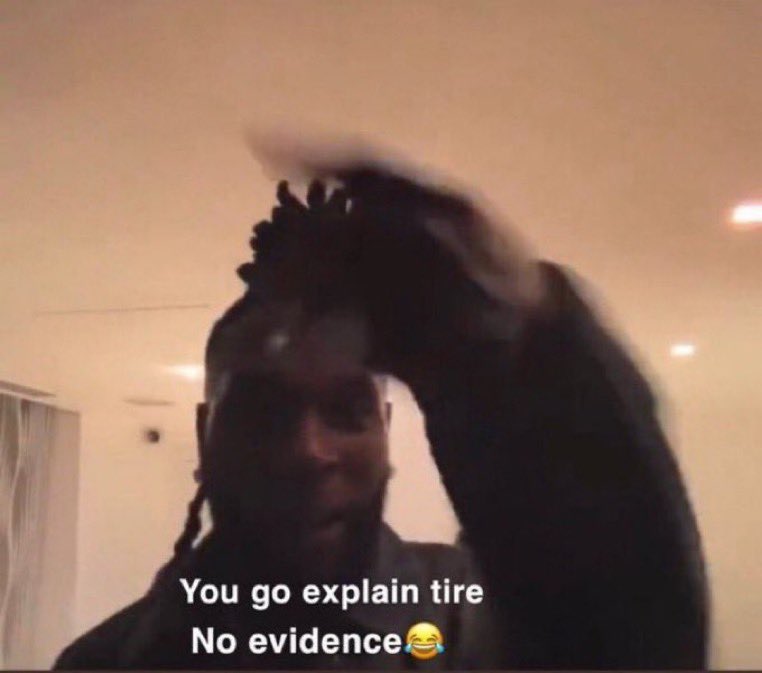
Music royalties
Music royalties are the payment entitled to songwriters, composers, AND recording artists of a song. The people are known as the right holders.
Gbera, go collect your money (Kiss Daniel’s voice).
Publishing rights
A song’s composition is under the publishing rights. By composition, I mean the lyrics, chords and melodies laid in a song.
The entitled owner of a publishing right owns the performance (on TV or live events) and mechanical royalties (the monetisation of digital or physical reproduction of your copyrighted work).
Masters
This is the original recording of a musical composition. The recording artist that owns a master has rights to the record sales and streaming royalties. If they’re signed, the label get a piece. Okay?
360 deal
This is an exclusive all-round deal that allows the record company that signs you to enjoy some percentages of your earnings from all your revenue streams.
Don’t sign away too much power then wonder later that your label has hands in all your pockets.
Allow songwriting
Don’t beat up an artist (except rappers 💀) for paying another person to write songs from them. Not every great vocalist is a great songwriter. Also, songwriting is a real job and people get hired, paid and get credited for it.
In addition, our music industry should fix up. We need a Nigerian songwriters association.
Beat licensing
Beat licensing is when a producer creates a beat and uploads it to a beat store. Anyone can buy it and use it for their own records. In exchange for that, the producer gives you a licensing agreement that authorises you to use as you like.
Now the licensing you get can be exclusive: means you have full rights to the beats. No limitation or expiration.
The non-exclusive license has expiration and puts limitations on views, plays and streams. So pick your option.
Sampling
Nigerian music fans criticise artists so much for sampling that one would think it’s a crime. But it’s not — it’s just a creative way of adding a sound or music recording into another sound or music recording, thus creating a distinct sound. Sometimes it’s a vocal or kick in a song that’s layered on another song.
It’s neither a crime for Burna Boy to sample Fela in his music, nor for Portable to sample Bola Are. As long as they get permission from the song owner(s) and follow all due processes, it’s cool. Sample police.
Music distribution
This is the process of getting music from the artist to making it accessible to the audience. Whether getting the physical copies to Alaba market or uploading to all streaming sites — this is music distribution.
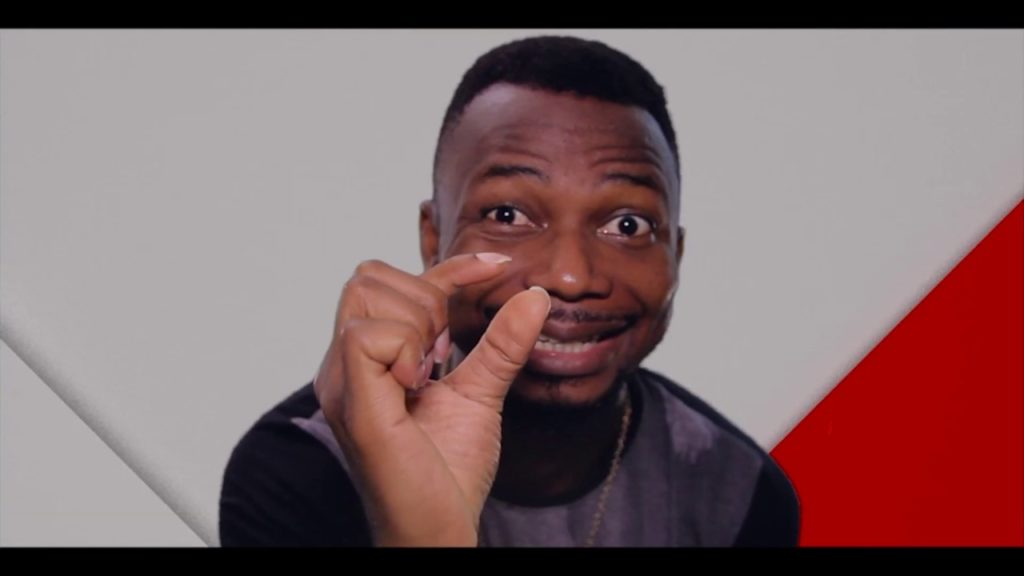
Another thing to know is the Burning Ram Meat Festival that’s happening in Lagos on November 11th. Get your ticket here and come have the best meat and grill experience.


